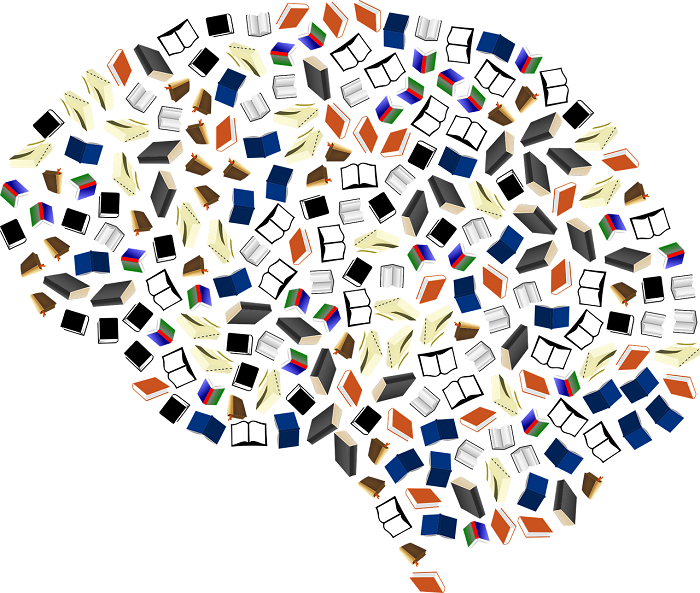If you plan your education the right way, there’s more you can do with a master’s in early childhood education, one of the 50 highest paying master’s degrees. Ambitious students who want to develop expertise in numerous areas, create a niche for their multiple skill sets or just keep their options open may be able to combine this coursework with study in other subjects through a joint or dual degree program. Some of the areas that may be of particular interest to early childhood educators are school psychology, special education and social work. Alternatively, if you want to build your skills in a certain content area – like math, science or history – you may pursue graduate studies in that subject, as well.
IMAGE SOURCE: Pixabay, public domain
Early Childhood Education and School Psychology
As an early childhood educator, you already need to have a strong understanding of child development, particularly during these early years. If this topic interests you, why not explore it in more detail while pursuing a master’s degree program that combines school psychology and early childhood education?
A master’s program of study may combine these fields in different structures. You may pursue a master’s in early childhood education with a concentration in educational psychology, which would add specialized educational psychology coursework to your core studies in early childhood educational methods. Alternatively, you could pursue a master’s degree in school psychology that includes a specialization in early childhood education, which would primarily emphasize the practice of school psychology.
School psychology is slightly different from school counseling in that this field generally focuses more on addressing problems that interfere with academic, behavioral or social performance rather than overall skills and wellness. However, either school counseling or school psychology is a rewarding field you can pursue with your background in early childhood education.
You could leverage your dual studies to work as an early childhood educator, pursue a doctorate in school psychology or work in roles like program evaluator, child health promotor, primary education specialist or parent involvement advocate.
Early Childhood Education and Special Education
Students with unique learning needs require teaching methods tailored for them – even at the early childhood grade levels. A master’s degree program that awards dual certification in early childhood education and special education prepares you for the challenges of instruction in either – or both – of these job functions.
Early childhood educators who are focusing their studies on special education will take classes such as differentiating education in inclusive classrooms, risk and resilience in early development, assessment of young children with exceptionalities and working with families of young children with disabilities. Of course, you will also study the principles and methods of teaching young children in general, including coursework in infant and toddler development, language and literacy in early childhood curricula and teaching and learning math in early childhood.
Within the field of special education are subspecialties such as learning disabilities, behavior disorders, and severe or multiple disabilities.
Early Childhood Education and Social Work
Social workers play a crucial role in communities, often working in schools and with children and families. Unfortunately, many school districts are lacking in resources, including access to trained social workers. The communities that most need social workers to advocate for clients and identify services and programs to help are the ones that most often go without.
If making a difference is a big reason why you wanted to become a teacher, that same sense of community service may also make social work an appealing path. Dual degree graduate programs in social work and education allow you to pursue both a master’s degree in education, such as early childhood education, along with a Master of Social Work (MSW) degree.
Having both sets of skills in your repertoire makes you an agile member of your school and community, qualified to provide both classroom instruction and other help and resources. If you follow the path to become a full-fledged licensed clinical social worker (LCSW), you can also become authorized by the state to provide mental health care. A clinical social worker’s job duties can include diagnosing and treating mental health disorders with counseling and psychotherapeutic interventions, according to the United States Bureau of Labor Statistics (BLS).
Child, family and school social workers make up the biggest proportion of the social work occupation, according to the BLS. Nearly half of all social workers in the U.S. – 342,500 of the 713,200 – fit into these categories.
Additional Resources
Are There Specific Areas to Study in Early Childhood Education Master’s Programs?
What Is the Difference Between a School Counseling Degree and a School Psychology Degree?

